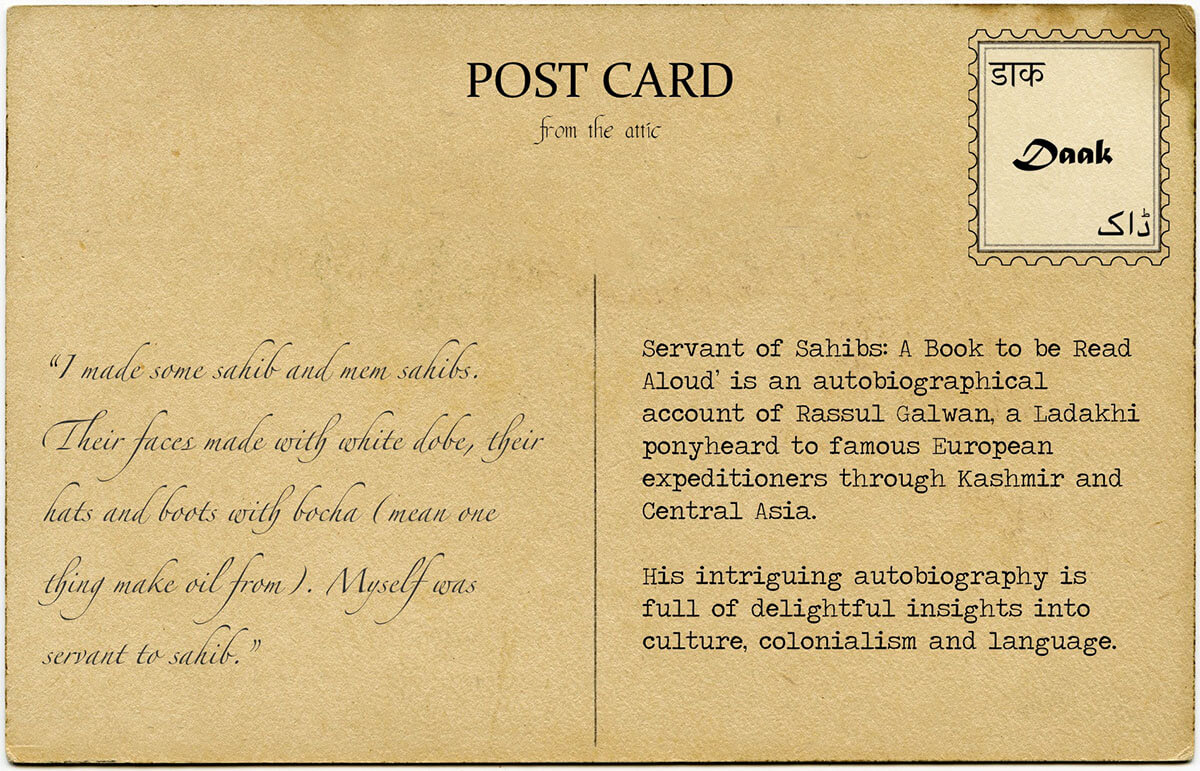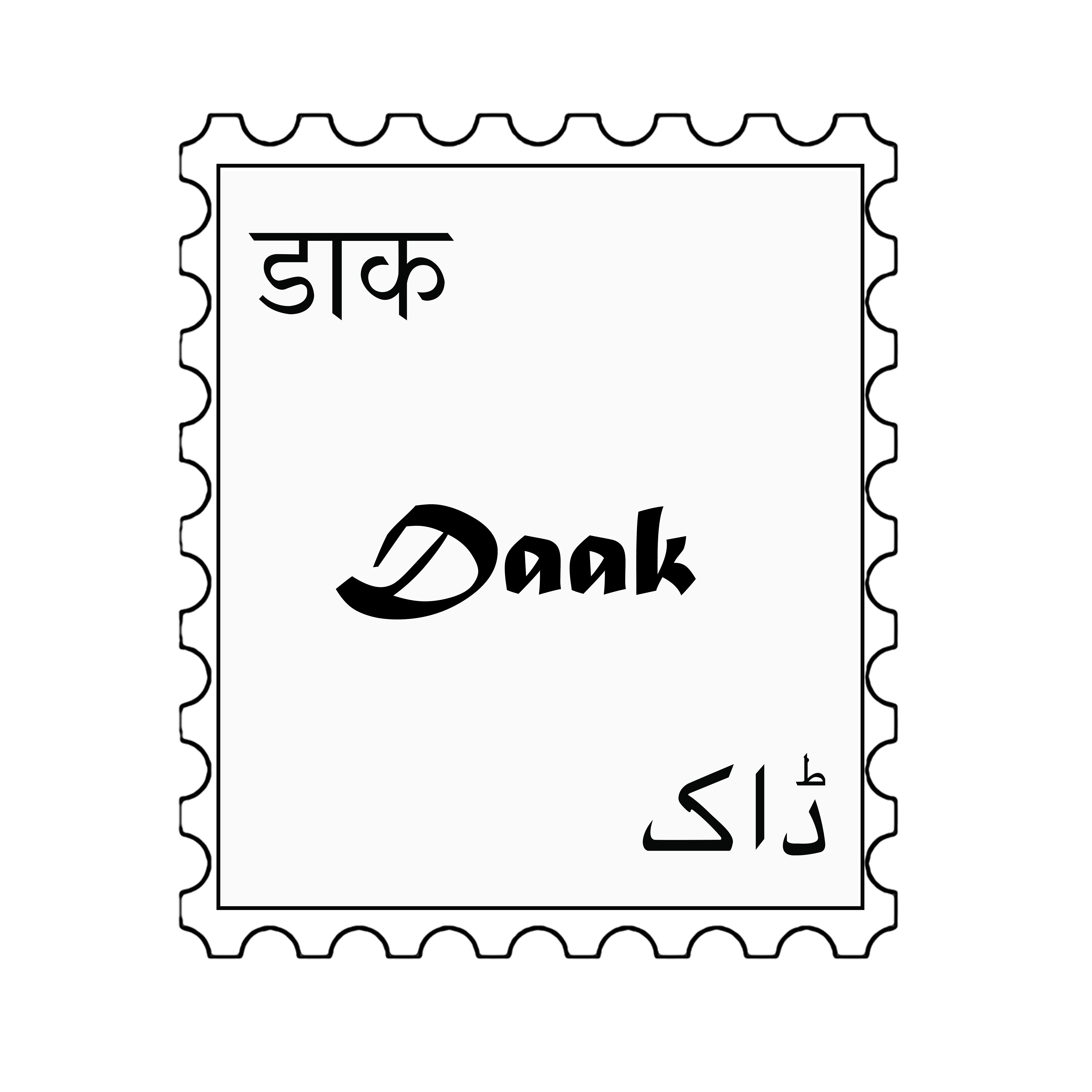
In the Voice of the Other: Rassul Galwan’s Autobiography, Servant of Sahibs
In 1923, W. Heffer & Sons Ltd. published an unusual book titled Servant of Sahibs: A Book to be Read Aloud. The book is an autobiographical account of Rassul Galwan, a Ladakhi native, who began his career as a servant and companion of European and American explorers in their expeditions through Kashmir and Central Asia. Servant of Sahibs is edited by the wife of the sahib to whom Galwan credits the task of “making him a man”.
Since most early anthropological writing comes from Westerners, full of the prejudice their gaze entails, Servant of Sahibs presents a fascinating original perspective. The book is written in English: broken, barely coherent, slightly painful, yet thoroughly enjoyable to read. The sahibs who taught Galwan allowed him to maintain the rusticity of a native, not imposing rules of grammar and composition upon their eager student. Rassul had a story to tell, yet little means of expression and his patrons guided him in writing this tale.
Sahib said to me: ‘Rassul, you must remember. I will not let you go from my friendship until you learn English’ Yes that promise got right. At this time by his kindly I learning this my style, which now I written as a book. No got any wrong in his matter’.
Writing and rewriting explicit details, he exchanged handwritten sheets with his sahibs over a period of eleven years to deliver the final manuscript. While this book raises the question of whether it is an extraordinary voice from the other side or just a well-disguised product of colonial Literature, it is still a unique and remarkable book. Its narrative might lead you to believe that it set out to establish native authenticity for the colonial mission, but that is fairly easily to ignore once you discover the insight it offers into a society of which little has been documented.
As a resource in the field of Geography and Ethnology, the book presents a diarist’s account of the day-to-day life of native travellers. Interspersed with quotidian details of routine and customs in the mountains, the simple story of Galwan, “bad-trouble-man,” is a challenging and insightful piece of Literature.
Find more in this book review.

Leave a Reply